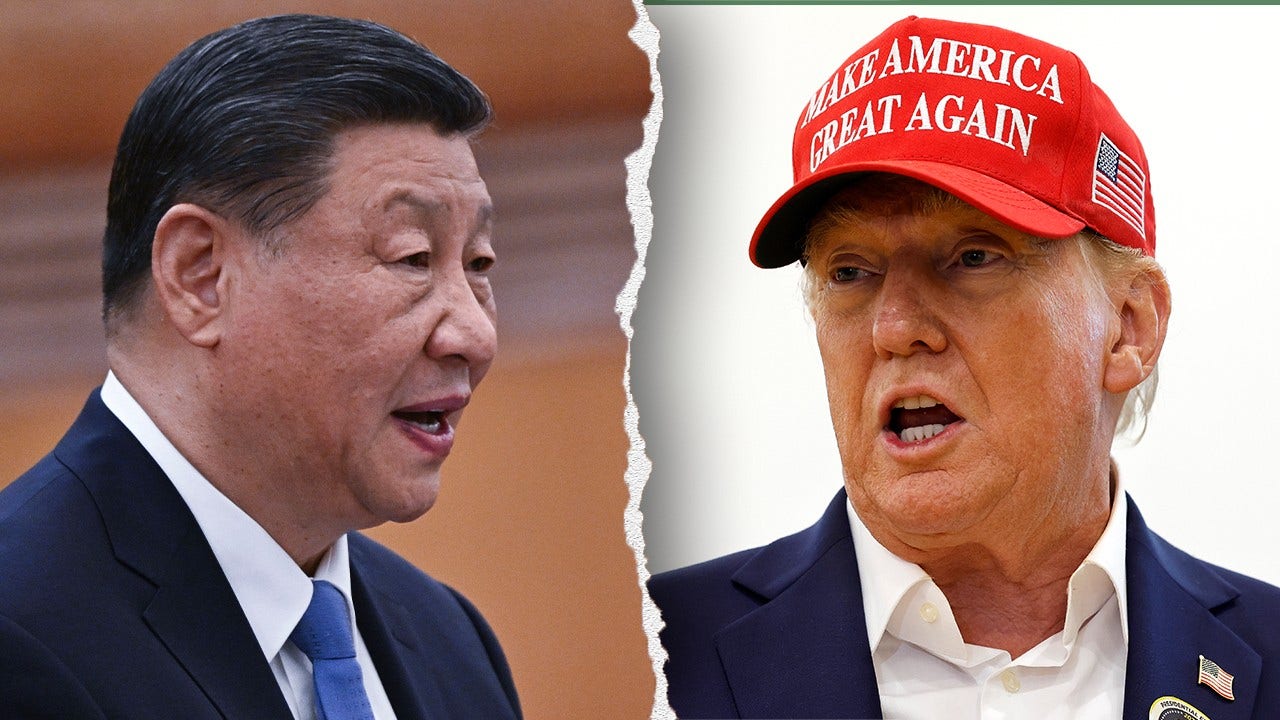China officially ‘doesn’t care’ about Trump win; unofficially, experts say Beijing is rattled

President-elect Trump’s victory has stirred up reactions from various countries, including China and Taiwan. The official response from Xi Jinping’s communist China to Trump’s win was predictable and formulaic, with a pledge to continue handling China-U.S. relations with mutual respect and cooperation. However, experts believe that Trump’s presidency will further strain the already tense relationship between the two countries, especially in terms of trade, technology, and Taiwan.
Taiwan, on the other hand, has reacted differently to Trump’s victory. President William Lai and Vice President Bi-khim Hsiao both congratulated Trump and expressed optimism about the continued partnership between Taiwan and the U.S. Many Taiwanese view Trump as potentially better for Taiwan due to his tough stance on China. However, there are mixed views among the Taiwanese public, with some finding Trump’s personality unappealing.
A Taipei-based lawyer and commentator, Ross Darrell Feingold, engaged with Chinese netizens on a popular Chinese information platform, TouTiao, to gauge their opinions on Trump and Kamala Harris. The responses indicated that many Chinese believe the U.S. is hostile towards China and aims to restrain its growth. This sentiment has led to a negative view of America among the Chinese public, with many feeling targeted by American policies.
Despite the tensions, Japan and South Korea have offered their congratulations to Trump, expressing hope for strengthened alliances during his second term. North Korea, however, remained quiet following the U.S. election, but fired multiple ballistic missiles towards the eastern sea just hours before the election.
As the world awaits Trump’s second term, the dynamics between the U.S., China, Taiwan, and other Asian countries will continue to evolve. The impact of Trump’s policies on international relations remains uncertain, but one thing is clear – the global community is closely watching the changing landscape of geopolitics.




